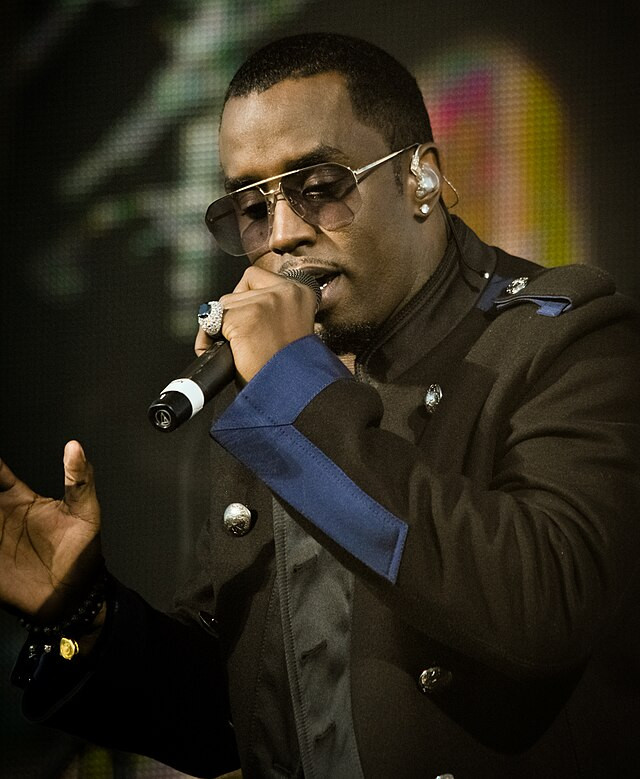Sean "Diddy" Combs, once celebrated as an entertainment mogul, now finds himself grappling with a bruised ego behind bars at Brooklyn's Metropolitan Detention Center. According to sources, the rapper is frustrated over the unexpected popularity of fellow inmate Luigi Mangione, who is accused of fatally shooting UnitedHealthcare CEO Brian Thompson in a shocking December attack. The jailhouse dynamics have reportedly unsettled Diddy, as Mangione becomes an unlikely figure of admiration among the prison population.
Diddy, 54, is awaiting trial on federal charges of sex trafficking, racketeering conspiracy, and related offenses. He has vehemently denied the allegations, framing them as politically motivated attacks on his legacy. Despite his high-profile status, Diddy's reputation has taken a hit, even within the confines of the federal detention center. The emergence of Mangione, 26, as a prison favorite has reportedly left him fuming.
Mangione's alleged crime-a public execution-style shooting in Midtown Manhattan-was accompanied by a manifesto condemning health insurance companies. His act has resonated with inmates who share grievances about inadequate healthcare. Mangione is said to have received widespread support, with some prisoners sharing their personal stories of loss and frustration with the system.
"Diddy has been throwing tantrums over the fact that Luigi is getting all of the attention in prison and is being revered as a hero after literally murdering someone on camera," a source familiar with the situation said. "Even in prison, Diddy's ego is bigger than life."
Mangione, held in protective custody, has reportedly been "moved" by the support he has received. According to sources close to him, he was "shocked and choked up" when he learned of the admiration. The alleged killer, described as composed and introspective, is navigating his newfound notoriety with what his supporters claim is humility.
Meanwhile, Diddy's frustration appears to be mounting. Sources say he has struggled to reconcile the stark differences in how he and Mangione are perceived within the facility. Despite his claims of innocence, Diddy feels targeted and ostracized, while Mangione enjoys a level of camaraderie that eludes him.
The two men, despite their shared notoriety, have no direct interaction. While both are represented by the same legal team, Mangione's solitary confinement status separates him from the general population where Diddy resides. "They do not spend time together and the two really have zero in common," a source said, emphasizing the absence of any personal connection.
Diddy's grievances are not without precedent, according to a former associate. "He always wants to be the center of everything," the former insider said. "If he feels like anyone takes his attention, he doesn't take it well. He gets pissed off, and if he has the power to do it, he makes the other person's life miserable."
Mangione, who faces multiple charges including first-degree murder as an act of terrorism, is seen by some as a martyr for a cause. His manifesto, combined with his act of violence, has sparked intense debate about the state of the healthcare system and the desperation it can inspire. Prosecutors, however, have portrayed him as a calculated killer whose actions were premeditated and designed to incite fear.
Diddy's own legal troubles have further complicated his efforts to maintain control over his public image. Federal agents raided his properties earlier this year, seizing videos and items allegedly tied to the charges against him. The evidence has painted a disturbing picture, intensifying the scrutiny surrounding his case.
As the two men remain detained, their contrasting receptions reflect the complex and often unpredictable dynamics of high-profile incarceration. Diddy, once an emblem of success and cultural influence, now faces a challenging battle to reclaim his reputation. Mangione, meanwhile, occupies an unexpected position as a controversial figure whose notoriety transcends the prison walls.




